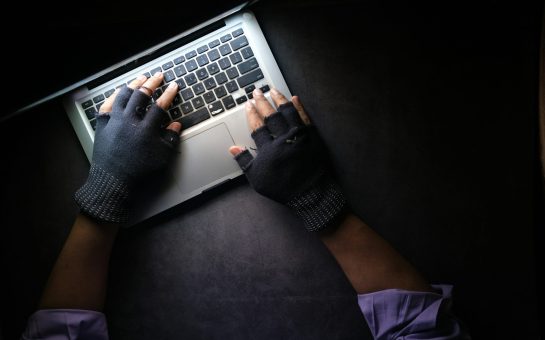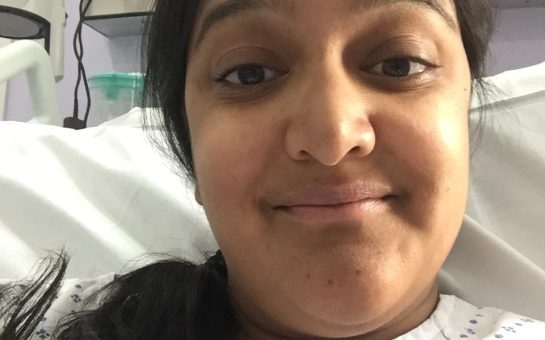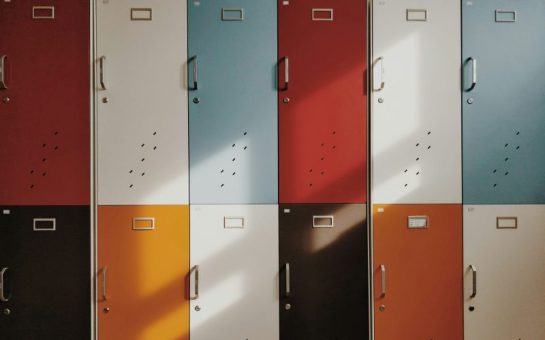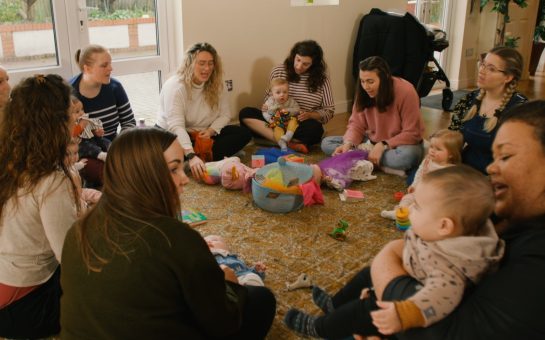Check over your shoulder, keys clutched between fingers, phone at the ready in case the worst happens: sadly these are all precautions women feel are necessary when walking home alone.
Sarah Everard’s death has prompted thousands of women to share their experiences and fears.
Sarah’s case has left women feeling shaken, overwhelmed and angry. Why? Because it proves our fears are necessary and everything we were told to dread growing up.
Rose Caldwell, CEO of Plan International UK and Maya Tutton and co-founder of Our Streets Now said: “All women and girls should feel safe in public places, yet they still continue to face harassment every day.
“They’re being followed, shouted at, touched and groped, and it needs to stop.
“Currently there is no UK law that fully criminalises public sexual harassment, leaving perpetrators to get away with it. You can be fined for dropping litter in the UK but not for harassing a woman or a girl in public.
“Only by enhancing legal change will we start to see a cultural shift, so that girls and women will finally begin to feel safe in public places.”
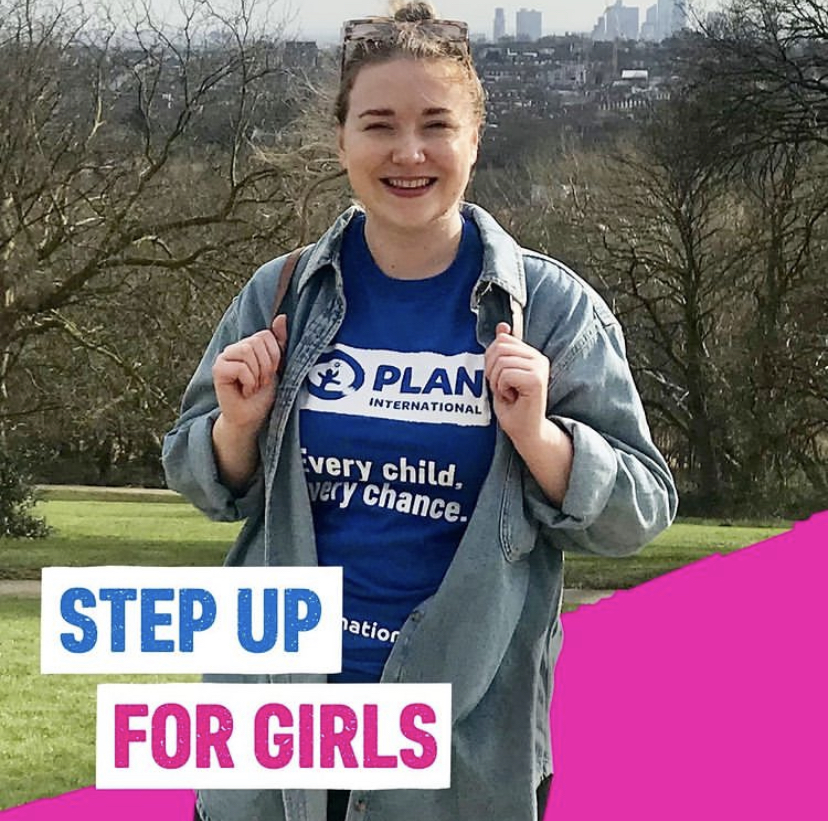
Plan International UK have launched the #CrimeNotCompliment campaign in partnership with Our Streets Now calling on the Government to establish a clear law that criminalises all forms of public sexual harassment to protect the right of women to live life without fear.
Rosie Benson, media officer at Plan International UK, said: “We found that half of girls experienced sexual harassment last summer, and 94% of girls think public sexual harassment should be illegal.”
As a young woman myself, I’ve lost count of the number of times I’ve feared someone is following me, made a fake phone call, crossed over the road with my hands gripped so tightly round my keys you can see my knuckles, itching to get inside the warmth and safety of my house.
It is wrong that I have rounded corners and ran as fast as I can in fear for my life, my hair spraying behind me, enhancing my frightened state.
In an age where walking is the only freedom we have, Sarah’s death has sparked terror in women that we can’t even do that safely, highlighting the lack of understanding for women’s rights which continues to prevail.
Elizabeth Winkler senior media officer for Women’s Aid said: “Violence against women and girls is a crisis of global proportions, which is driven by women’s inequality in society.”
Women should be able to feel protected when walking home, not having a battle plan on how to get home safely or telling their friends to message them when they get back ‘in case the worst happens’.
The hashtag #ReclaimOurStreets has been trending in honour of all the women who have gone missing on our streets.
Moreover, 97% of women aged 18-24 have been sexually harassed according to an investigation by UN Women UK, and 96% of those situations were not reported because of the belief that it would not change anything.
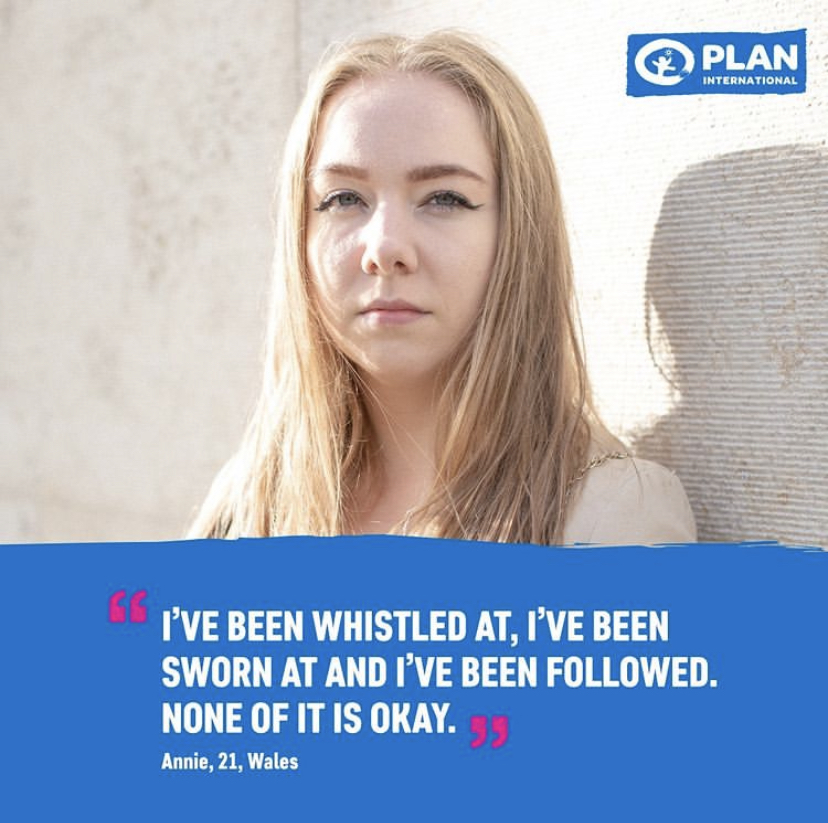
Worse still, Sarah’s death is one of many.
As part of the international women’s debate on 11 March, Labour MP Jess Phillips, the shadow domestic violence minister, read out the names of 118 women who have died since this date last year – where a man has been charged or convicted as the primary culprit.
It took her more than four minutes to do this, and she was given an exemption to the usual speaking time in the Commons to do so.
Domestic abuse is also worsening, as 61% of women living with their abuser during lockdown have said the abuse has got worse, while 68% said they felt they had no one to turn to during the lockdown, according to Women’s Aid.
The charity is tackling this by launching a parliamentary petition to require local authorities to fund lifesaving women’s domestic abuse services.
Farah Nazeer, Women’s Aid chief executive said: “Women-led domestic abuse services are under threat.
“A number of our member organisations are losing local authority funding.
“There will be severe consequences for women and children if we do not stop this now.”
